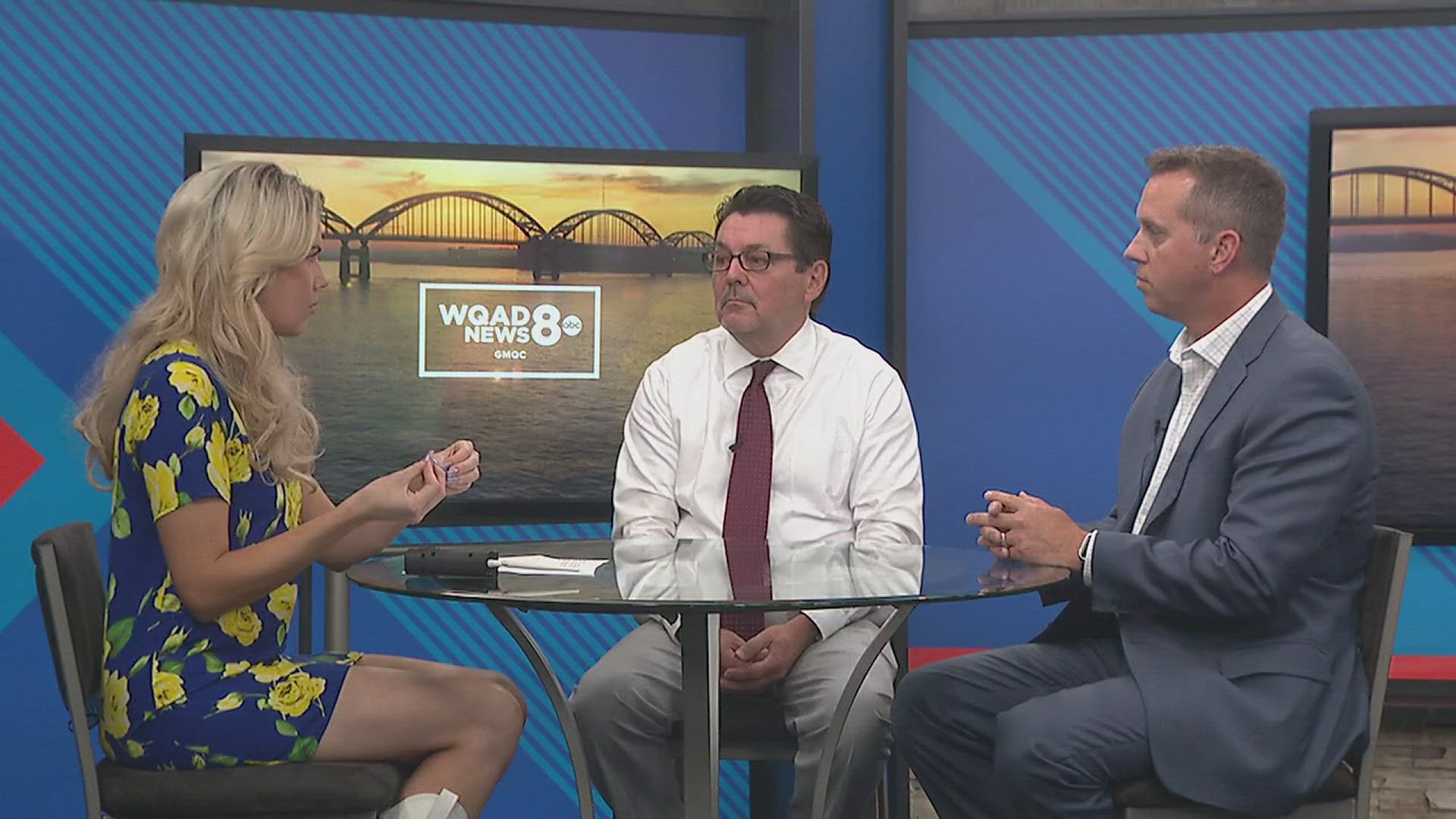MOLINE, Ill. — Every person has a different financial situation. Even so, there are general tips that can help anyone understand the complicated world of bank accounts.
Dave Elizondo and Drue Kampmann from True Financial Partners in Bettendorf recommend researching each type of account before deciding which to use.
When setting up an account, there are four questions you should ask:
1. What are the fees and costs associated with this account? Are there any fees or charges? If there are, are they one-time upfront costs, or are they ongoing?
2. What is the accessibility of this account? Will you be able to access the money in this account, or will it be locked up? Are you willing to commit to locking your money up? How long will it be inaccessible?
3. What is the rate of return, or the interest rate? How much will the account grow over time?
4. How much risk am I taking on with this account? There is always some amount of risk involved in opening an account.
For example, a checking account is a short-term account that is meant to be accessed daily. Kampmann said a good rule of thumb is to keep no more than two months worth of expenses in checking at a time, as there is very little growth from interest.
Savings accounts are longer-term than checking accounts, but money has to be easily accessed for emergencies or important purchases. Kampmann recommended keeping three to six months worth of expenses in savings as an emergency fund.
Any other funds can go to retirement or growth accounts — make sure to do some research to find what type of account suits your situation best.
When it comes to contributing to debt repayments or savings accounts, Kampmann said a balance works for most people, but it can depend on the situation.
In cases of high-interest debts, like credit card debts and a decently funded savings fund, it may be better to focus on debts to free up more money. That extra cash can help grow retirement and growth accounts.
In cases of low-interest debts and lagging savings, Kampmann said people should focus on contributing to savings and retirement.

